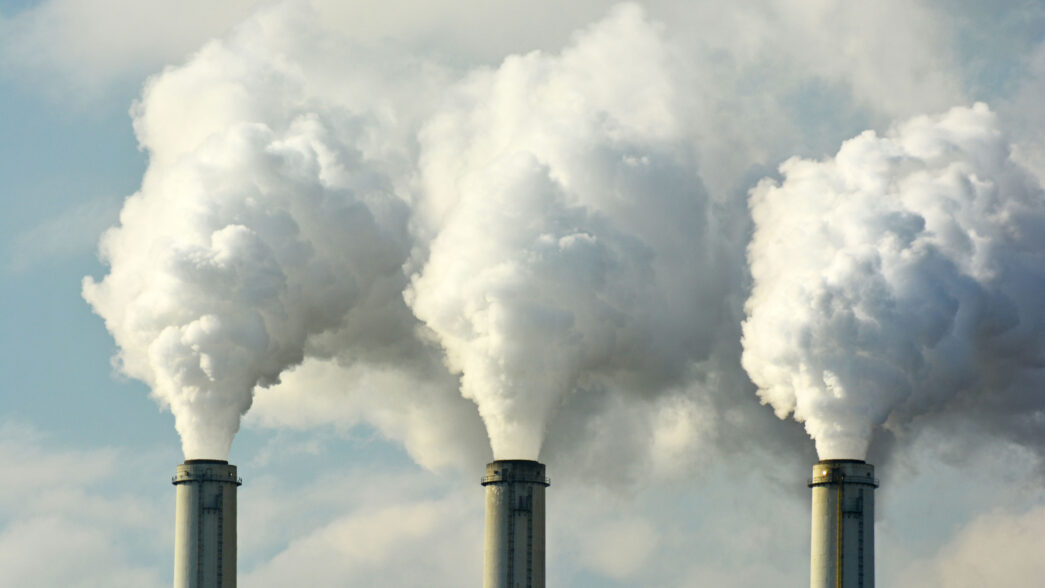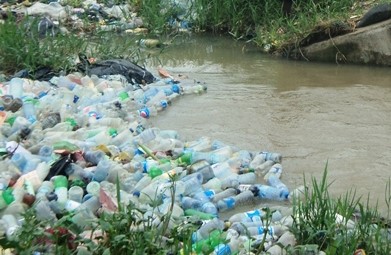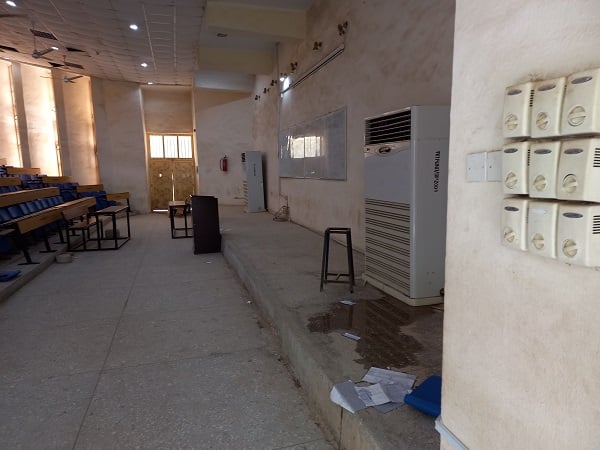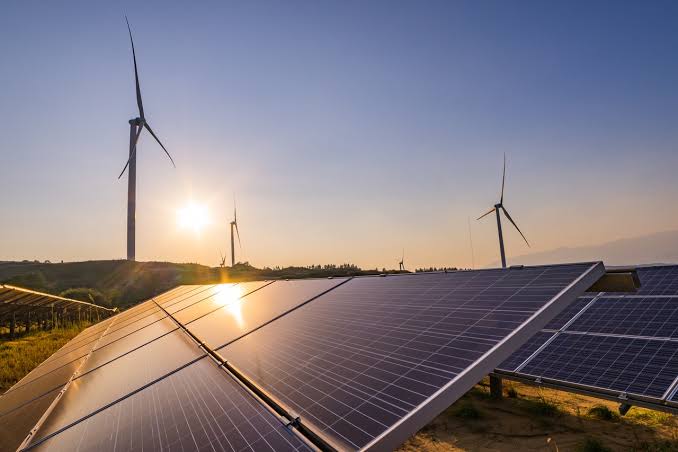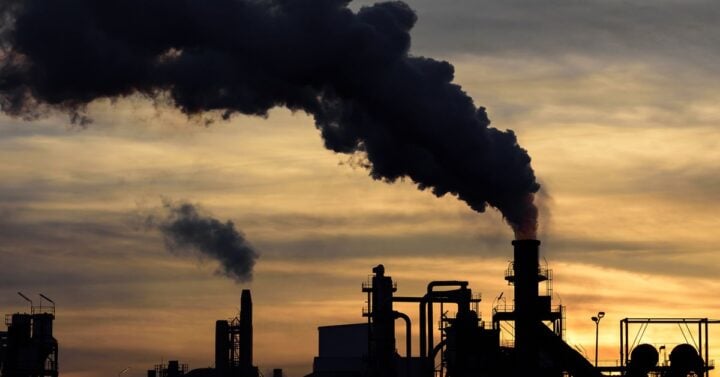A new report by Power Shift Africa, a climate think tank, warns that carbon market schemes can unleash up to 2.5 gigatonnes of new emissions into the atmosphere annually.
A carbon market is a system where countries or companies buy and sell carbon credits to offset their greenhouse gas emissions.
The report, ‘Why Carbon Markets Are a Dangerous Distraction for Africa’, was released on Monday in collaboration with 21 African civil society organisations, as the June climate talks begin in Bonn, Germany.
It estimates that emissions from carbon markets could exceed the combined total of Africa’s current fossil fuel and agricultural emissions.
Advertisement
The report noted that carbon market schemes allow wealthy nations and corporations to continue polluting under the guise of environmental responsibility while offloading the burden on Africa.
It also criticised voluntary carbon markets and measures such as the African Carbon Markets Initiative (ACMI), noting that they have failed to drive real emission cuts and deliver on promised climate finance.
The report called for alternative funding mechanisms such as debt cancellation, climate reparations, tax justice, and public investment in community-led renewable energy and agroecological farming systems.
Advertisement
Mohamed Adow, director of Power Shift Africa and lead author of the report, described carbon markets as a “smokescreen for polluters”.
Adow noted that carbon markets do not reduce emissions but only allow companies to keep burning fossil fuels while claiming climate responsibility through offsets.
He called for direct public investment in clean energy, adaptation, and real emissions reduction strategies.
“The illusion that carbon markets reduce emissions is dangerous,” Adow said.
Advertisement
“This does not reduce emissions — it simply shifts the burden onto Africa, where communities suffer the most from climate change.
“We need bold action that prioritises local solutions, public climate finance, and equitable
policies that serve communities rather than corporate profits.”
Jason Braganza, executive director of African Forum and Network on Debt and Development (AFRODAD), called on the continent to reject false climate solutions designed to benefit polluters.
“These markets do not serve African interests. They entrench inequalities and undermine our sovereignty over land and climate finance,” Braganza said.
Advertisement
Bridget Mugambe, programmes coordinator at Alliance for Food Sovereignty in Africa (AFSA), added that carbon trading reinforces the imbalance between the global north and south while infringing on land rights and threatening food security.
The report recommended the establishment of national climate funds that are inclusive and transparent and allow African countries to design their own climate strategies without external market pressures.
Advertisement
It also suggested that urgent and systemic change is the only viable path to climate justice on the continent.
Advertisement

